Keywords: Australian Bishops
-
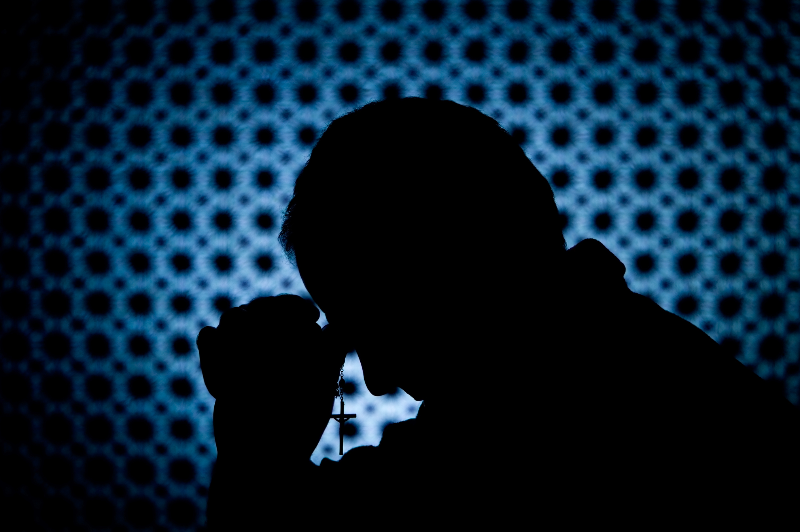
RELIGION
- Bill Uren
- 05 October 2021
15 Comments
As a result of the pandemic, like other religious observances, the availability of the Sacrament of Penance has been drastically curtailed, and it is unlikely that recourse to the sacrament will be as frequent as previously even when the restrictions are lifted. Further, the confidence of the laity in the inviolability of the seal has, understandably, been undermined, a consequence of which may again be that recourse to the sacrament will be in decline.
READ MORE 
-
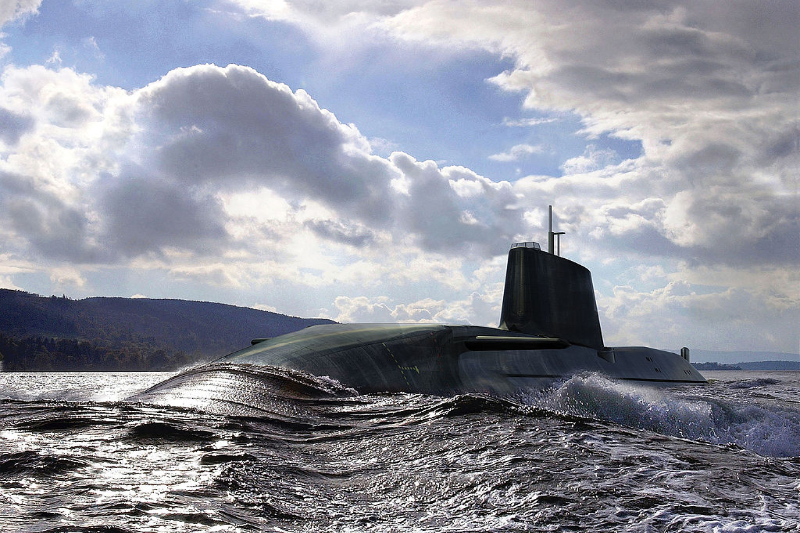
AUSTRALIA
- Vincent Long Van Nguyen
- 28 September 2021
12 Comments
The Australian Government’s decision to buy nuclear-powered submarines has brought to the surface once again big questions around how governments should spend money, particularly during a pandemic. The Government has ditched a $90 billion plan for French submarines in favour of even more expensive boats from the United Kingdom or the United States.
READ MORE 
-

RELIGION
- John Warhurst
- 23 September 2021
41 Comments
Synodality, the new term which is sweeping the church, is an aspirational goal not a proven methodology. For this reason, it is a test case for the lasting impact on church reform of the papacy of Pope Francis. He has given us an aspiration but also set us a test.
READ MORE 
-
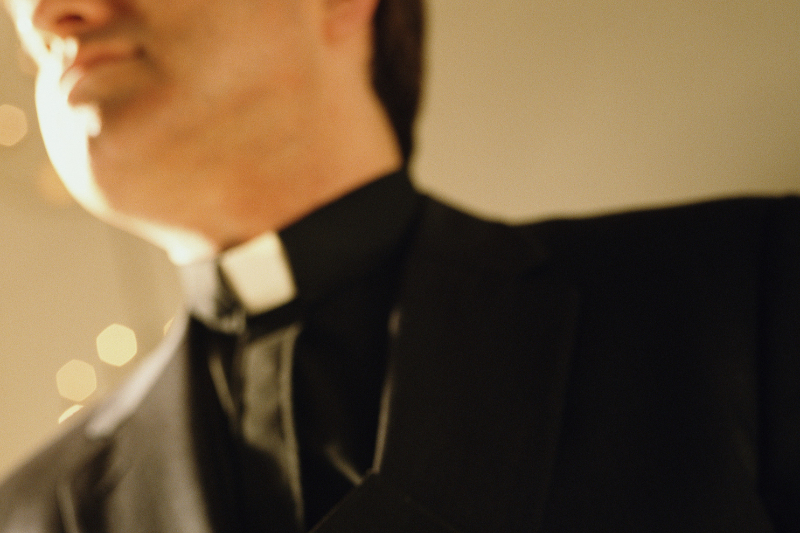
RELIGION
- Gideon Goosen
- 23 September 2021
60 Comments
The Final Report of the Royal Commission into Institutional Responses to Child Sexual Abuse identified clericalism as a significant contributor to abuse across religious institutions Australia-wide. Clericalism is rooted in a theological belief that the clergy are different to the laity, having undergone an ‘ontological change’ at ordination, and feeds the notion that the clergy may not be challenged. And according to the report, the culture of clericalism is on the rise in seminaries in Australia.
READ MORE 
-

RELIGION
One might submit that a Plenary Council is a cumbersome instrument to ascertain the genuinely representative views of the Catholic Church in Australia. Many of the canonical strictures regarding the membership, agenda and process of the Council will dampen the original enthusiasm for the Council that provoked over 17,500 submissions.
READ MORE 
-
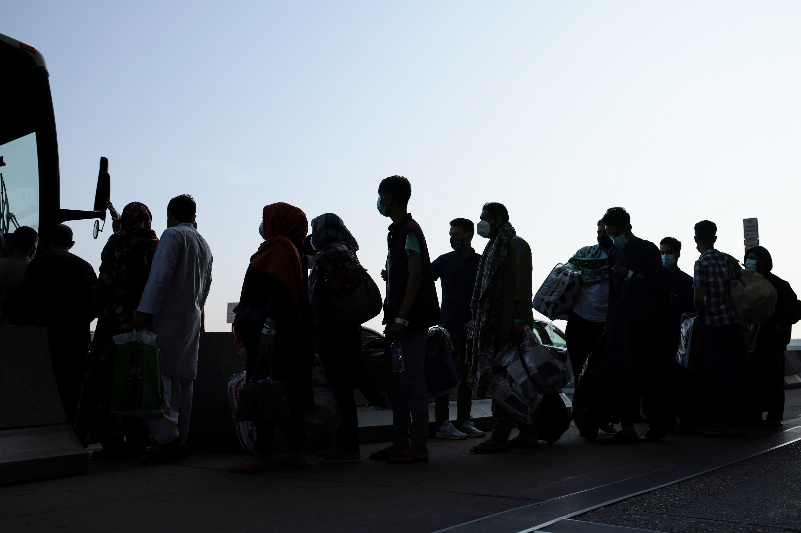
FAITH DOING JUSTICE
- Vincent Long Van Nguyen
- 30 August 2021
9 Comments
I was one of the boat people who escaped from South Vietnam. The escape happened after South Vietnam had fallen to the Vietnamese communist forces in 1975, and my world descended into total chaos with an international embargo, wars against China and Cambodia, forced collectivisation and the insidious spread of what were termed “re-education camps” - but were really communist gulags. My siblings and I grew up in a world of poverty, isolation, oppression and constant fear of what might happen to us or our loved ones.
READ MORE 
-
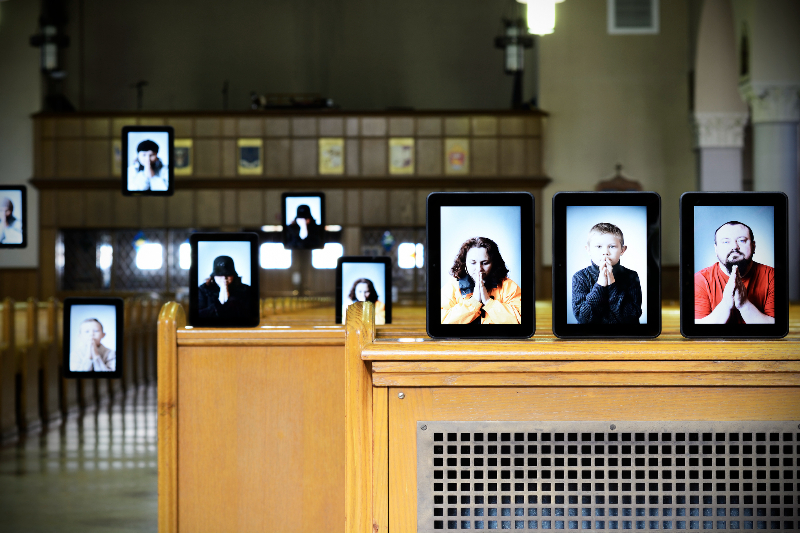
RELIGION
- John Warhurst
- 26 August 2021
25 Comments
Those of us who are members of the Plenary Council are now strapped in for what looks likely to be an uncertain ride. Some members, having concluded their initial formal formation and training, are now meeting in officially organised discussion sessions to build up their preparation for the first assembly which is now just over a month away.
READ MORE 
-
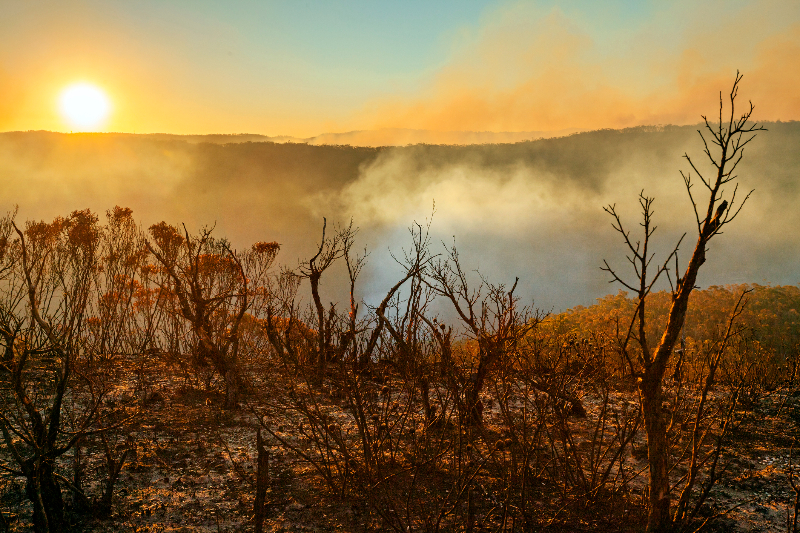
RELIGION
- Andrew Hamilton
- 19 August 2021
11 Comments
Last week the annual Catholic Social Justice Statement was launched. Entitled Cry of the Earth, Cry of the Poor, its theme is care for the environment. In the same week the authoritative Intergovernmental Panel on Climate Change (IPCC) Report warned of the need for immediate and radical effort to minimise emissions and of the likely effects of their existing growth.
READ MORE 
-
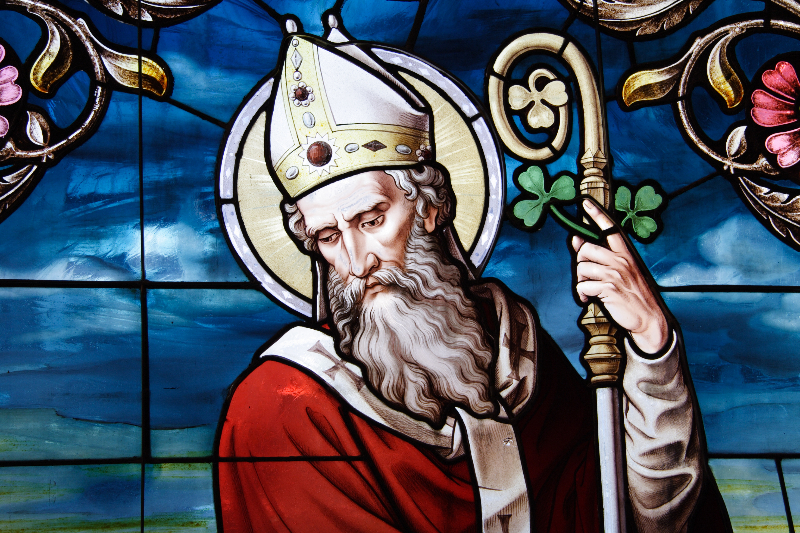
RELIGION
- Andrew Hamilton
- 12 August 2021
67 Comments
Among Australian Catholics the Plenary Council and the preparations for the Synod in Rome on Synodality have aroused hope and stirred scepticism. It is clear that a Church diminishing in numbers of participants in its public life and in its financial resources, and discouraged by the extent of child abuse by its officers, must find new ways. But that the processes of the Council and the Synod will spark fresh energy for change is not a given.
READ MORE 
-

RELIGION
- Andrew Hamilton
- 05 August 2021
60 Comments
Critical Race Theory, which has recently been banned ineffectively by the Australian Senate from the National Curriculum, has everything going for it as a lightning rod. It has an acronym (CRT), opacity and an air of self-importance. It is also associated with a controversial social movement: Black Lives Matter. The theory does not need to be understood before generating heat.
READ MORE 
-

RELIGION
- John Warhurst
- 20 July 2021
70 Comments
The Plenary Council First Assembly is only two months away, but uncertainty still remains about the role that its 282 members will play. Not just about what work they will do but what conception of the role they will bring or will be imposed upon them by the authorities.
READ MORE 
-
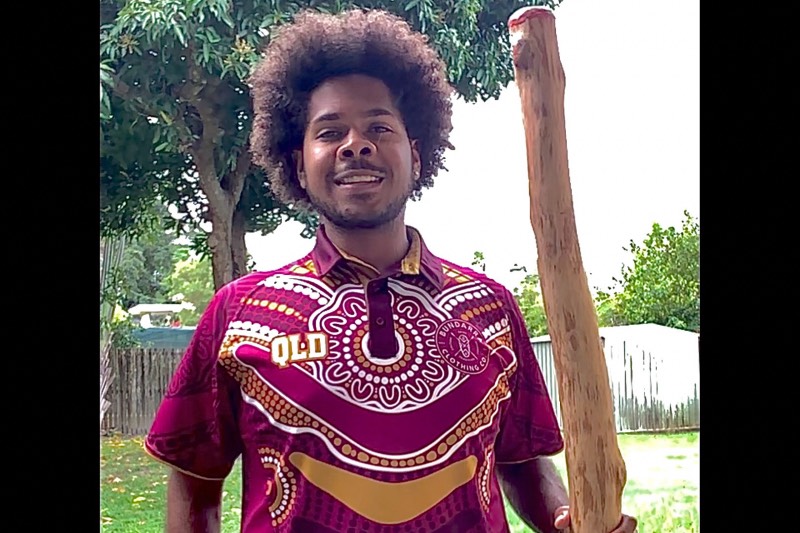
FAITH DOING JUSTICE
The question of reconciliation in the Church is particularly pressing, given 2021 marks the 250th anniversary of the arrival of Christianity in Australia, and the 150th anniversary of the arrival of Christianity to the Torres Strait. Yet many First Australians recognise that the Spirit of God was poured out onto the original inhabitants of this great Southern Land many, many thousands of years prior.
READ MORE 